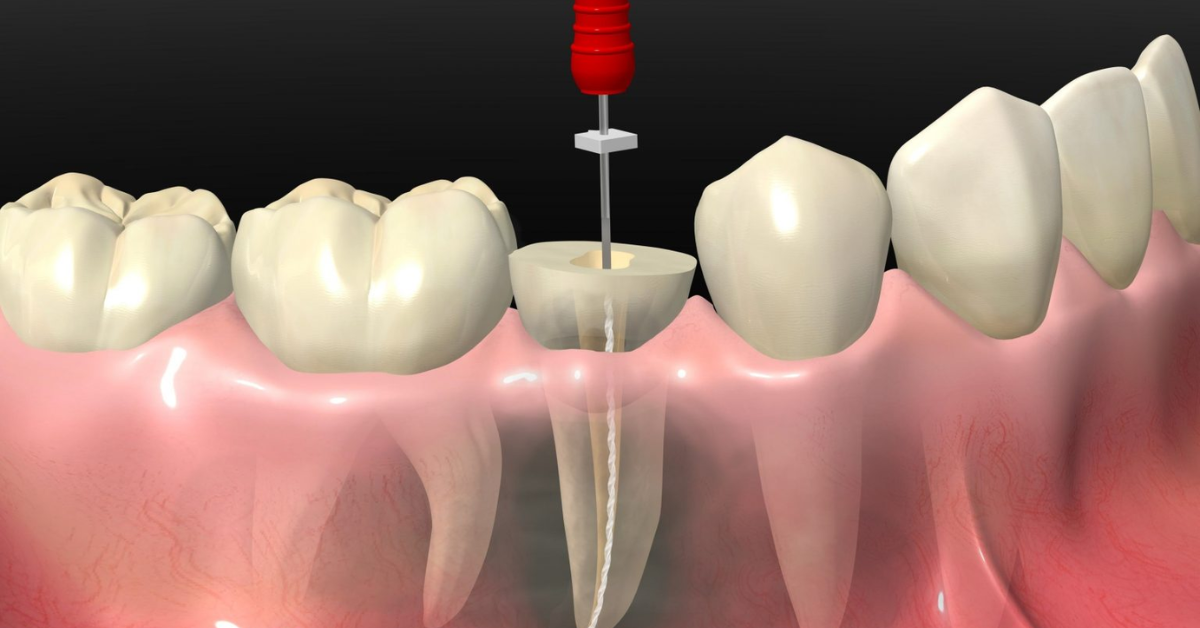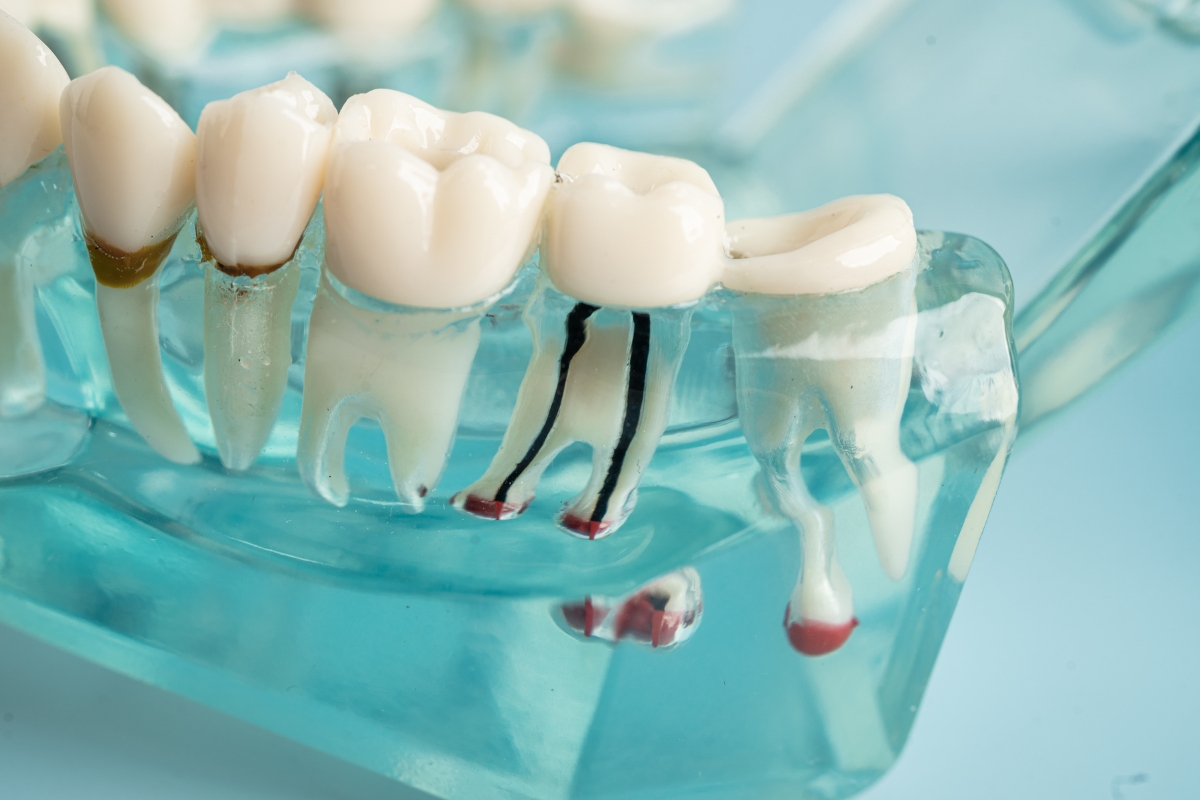
Facing a root canal can be daunting, especially with the thought of managing life afterward. You might wonder if you’ll be able to jump right back into your daily routine or if recovery will require some downtime. The truth is, while a root canal is a significant dental procedure, it’s designed to alleviate pain and save your tooth—not disrupt your life. So, can you really go to work the day after a root canal? The answer might surprise you! This blog will walk you through what to expect, how to manage any post-procedure discomfort, and tips for making your return to work as smooth as possible. Keep reading to find out everything you need to know!
Understanding the Root Canal Process
A root canal might sound intimidating, but it’s a routine procedure that many people undergo to save a damaged tooth. The process involves removing the infected pulp inside the tooth, cleaning the area, and sealing it to prevent further infection. This treatment is essential for preserving your natural teeth and avoiding more serious dental issues down the line.
Why Root Canals Are Necessary
The need for a root canal arises when the tooth’s pulp becomes infected or inflamed, usually due to deep decay, repeated dental procedures, or trauma to the tooth. When left untreated, this infection can lead to severe pain, abscesses, and even tooth loss. A root canal stops the infection from spreading and allows you to retain your tooth, which is always preferable to extraction.
The Procedure: What to Expect
During a root canal, your dentist will numb the affected area to ensure you don’t feel any pain. Then, they will drill a small hole in the tooth to access the pulp chamber and root canals. Using specialized tools, the dentist will remove the infected pulp, clean the canals, and then fill them with a biocompatible material. Finally, a temporary or permanent filling is placed to seal the tooth. The procedure generally takes one to two hours, depending on the complexity of the case.
Post-Root Canal Recovery
Recovering from a root canal is usually straightforward. Most people experience mild to moderate discomfort for a few days following the procedure. This can be managed with over-the-counter pain relievers and, in some cases, prescription medication. Swelling and tenderness are also common, especially if the tooth was severely infected before the procedure.
Immediate Aftercare Tips
Right after your root canal, it’s important to follow your dentist’s aftercare instructions to ensure a smooth recovery. Avoid eating until the numbness wears off to prevent accidentally biting your cheek or tongue. Stick to soft foods for the first day or two, and avoid chewing on the side of your mouth where the root canal was performed. Good oral hygiene is crucial during this time, so continue brushing and flossing gently around the treated tooth.
Can You Return to Work the Day After a Root Canal?
One of the most common questions people have after a root canal is whether they can return to work the next day. The answer largely depends on the individual and the specifics of the procedure. However, most people are able to resume their normal activities, including work, within a day or two.
Factors to Consider
While many can return to work the next day, it’s important to consider a few factors that might influence your decision:
- Pain and Discomfort: Everyone’s pain threshold is different, and some may experience more discomfort than others after a root canal. If the pain is manageable, you may feel comfortable going to work. However, if you’re in significant discomfort, it might be wise to take an extra day off to rest and recover.
- Type of Job: The nature of your work also plays a role in whether you should return the next day. If your job is physically demanding, you might want to rest longer to avoid exacerbating any discomfort. On the other hand, if you have a desk job, returning to work might be more feasible.
- Medication Effects: If you’ve been prescribed pain medication, consider how it affects you. Some medications can cause drowsiness or impair your ability to concentrate, making it challenging to work effectively.
When to Consider Taking Time Off
Although most people can return to work the day after a root canal, there are situations where taking additional time off might be beneficial:
- Severe Pain: If you’re experiencing intense pain that makes it difficult to focus or perform your duties, consider taking another day to rest.
- Swelling: Significant swelling in your face or mouth can be uncomfortable and distracting, especially if your job involves interacting with others. Allowing the swelling to subside before returning to work might be the best option.
- Multiple Procedures: If your root canal was part of a series of dental procedures, such as a crown placement or a more complex treatment plan, you might need extra time to recover fully.
Managing Discomfort While at Work
If you decide to go back to work the day after your root canal, there are several ways to manage any lingering discomfort and ensure a productive day:
Pain Relief Strategies
- Over-the-Counter Pain Relievers: Ibuprofen or acetaminophen can help manage pain throughout the day. Be sure to follow the dosage instructions provided by your dentist or the medication’s packaging.
- Ice Packs: Applying an ice pack to the affected area for short periods can reduce swelling and numb the pain. This is especially helpful during breaks at work.
- Avoid Hard or Chewy Foods: Sticking to soft foods while at work can prevent irritation to the treated tooth. Pack a lunch with easy-to-eat options like yogurt, smoothies, or soup.
Taking Breaks
It’s important to listen to your body during the recovery process. If you start to feel uncomfortable or fatigued, take short breaks to rest. Find a quiet place to sit and relax for a few minutes, and consider using this time to apply an ice pack or take your pain medication if needed.
Staying Hydrated
Drinking plenty of water can help keep your mouth clean and reduce the risk of complications. Avoid sugary or acidic drinks, as these can irritate the treated area.
Long-Term Care After a Root Canal
While most of the focus is on immediate recovery, long-term care is equally important to ensure the success of your root canal treatment. Maintaining good oral hygiene and following up with your dentist are key components of long-term care.
Oral Hygiene Tips
- Brush and Floss Regularly: Continue brushing and flossing your teeth twice a day, but be gentle around the treated tooth until it’s fully healed. Consider using a soft-bristled toothbrush to avoid irritation.
- Use Mouthwash: An antibacterial mouthwash can help reduce the risk of infection and keep your mouth clean. Choose an alcohol-free formula to prevent dryness and irritation.
- Avoid Hard Foods: Even after your tooth has healed, it’s wise to avoid biting down on hard objects like ice, nuts, or hard candy, as this can damage the tooth or surrounding teeth.
Follow-Up Visits
Your dentist will likely schedule a follow-up appointment to check the progress of your recovery and ensure that the root canal was successful. During this visit, they may place a permanent crown or filling on the treated tooth to protect it from further damage. Regular dental check-ups every six months are also essential to monitor your oral health and catch any potential issues early.
Addressing Common Concerns
It’s natural to have concerns after undergoing a root canal, especially if it’s your first time. Understanding common concerns and how to address them can help ease your mind and improve your recovery experience.
Will the Tooth Be Weaker?
One common concern is that the tooth will be weaker after a root canal. While the tooth is no longer living due to the removal of the pulp, it can still function effectively with proper care. The placement of a crown or filling helps protect the tooth and restore its strength, allowing you to use it just like your other teeth.
Risk of Infection
Another concern is the risk of infection after a root canal. While the procedure is designed to eliminate infection, there is always a small chance of complications. Following your dentist’s aftercare instructions and attending follow-up appointments are the best ways to reduce this risk.
Sensitivity
It’s normal to experience some sensitivity after a root canal, especially to hot or cold foods and drinks. This sensitivity should diminish over time, but if it persists, consult your dentist.
When to Contact Your Dentist
While most root canals are successful and recovery is smooth, there are instances where you should contact your dentist for further evaluation:
- Persistent Pain: If you’re experiencing severe pain that doesn’t improve with medication or time, it’s important to consult your dentist.
- Swelling: While mild swelling is normal, excessive swelling that doesn’t subside could indicate an issue.
- Discharge: Any discharge from the treated tooth, such as pus, is a sign of infection and should be addressed immediately.
Final Thoughts
Whether you can go to work the day after a root canal depends on your individual situation and how well you manage your recovery. By understanding the procedure, following aftercare instructions, and listening to your body, you can ensure a smooth recovery and a quick return to your daily routine.
Before making any decisions, it’s important to consult with your dentist, especially if you have concerns about your recovery or experience any unusual symptoms. A successful root canal can improve your oral health and keep your smile intact for years to come.
For more information or to schedule your root canal treatment, reach out to your trusted dental professional. And remember, when considering a Root Canal Treatment in Chatsworth, your dentist is the best resource for guidance and care.

